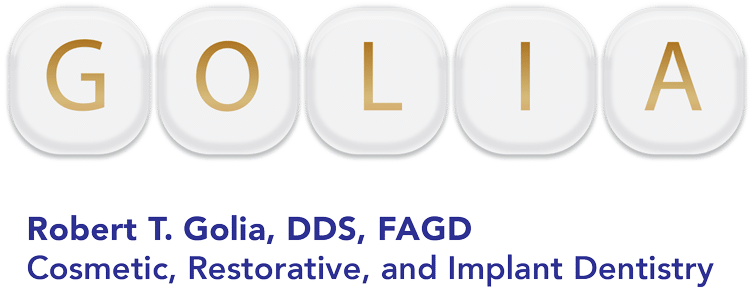A tooth extraction is the process of removing a tooth from the mouth. A tooth may need to be extracted due to severe decay or damage that cannot be repaired. When a tooth can’t be saved, extraction is the best option for your oral health.
Sometimes teeth need to be extracted for other reasons. Teeth that are crowded or impacted (stuck under the gums) may need to be removed to prevent damage to the jaw bone or other teeth.
If you have an upcoming tooth extraction procedure, you may have some questions. Can I drive after getting a tooth extraction? What type of anesthesia will I need? Learn the answers to these questions and more about tooth extraction.
The Tooth Extraction Process
The process for getting a tooth extraction is relatively simple:
- Anesthesia is administered.
- The tooth is gently loosened.
- The tooth is removed from the socket.
- The gum tissue may be sutured if needed.
- Pressure is applied until the bleeding has stopped.
What Types of Anesthesia Are Used for Tooth Extraction?
The type of anesthesia used for a tooth extraction depends on a variety of factors.
- Local anesthesia. Local anesthesia is applied directly to the area of the extraction. It temporarily numbs the nerves so that you won’t feel any pain during the procedure. Most basic tooth extractions can be done with just local anesthesia.
- IV conscious sedation. IV conscious sedation is a medication administered intravenously that allows you to be relaxed and mostly unaware of the procedure. You are technically conscious and responsive, but you most likely will not remember anything about the procedure afterwards. IV conscious sedation may be used for more complex extractions, such as impacted wisdom teeth.
Planning For Your Tooth Extraction Appointment
The type of anesthesia you will have will determine whether or not you can drive after your appointment. If you have local anesthesia, your mouth will be numb but you are still fully conscious and capable of driving yourself home.
If you have IV conscious sedation you will need to have someone drive you to and home from your appointment. IV conscious sedation can leave you feeling sleepy or groggy and it would not be safe for you to drive. Plan to rest at home for the remainder of the day after any procedure that requires IV sedation.
Who Performs Tooth Extractions?
Simple tooth extractions can be performed by a general dentist. Some dentists also perform more complex tooth extractions, such as wisdom teeth. Other dentists may refer you to an oral surgeon for an extraction if the tooth is impacted or if there are circumstances that require a greater level of expertise. Oral surgeons specialize in tooth extractions and other types of oral surgeries that are more invasive in nature.
Why Choose Golia Dental for Tooth Extraction?
Golia Dental provides tooth extractions for patients of all ages from children to adults. After a brief evaluation, we can determine the best course of treatment for an at-risk tooth. In some cases a tooth may be saved, and in other cases it will need to be extracted. Together we can discuss anesthesia options to make the experience as comfortable as possible for you. We also provide tooth replacement options to restore natural function and appearance.
To learn more, call 203-248-7400 or contact us today to schedule an appointment.
Frequently Asked Questions About Tooth Extraction
How long does a tooth extraction take?
The length of the procedure depends on a variety of factors, such as the number of teeth being extracted, the size of the tooth, and whether or not it is impacted or has erupted. A larger or impacted tooth will take longer to extract, possibly an hour or more. A simple extraction can be done in 30 minutes or less.
How long is the recovery after a tooth extraction?
In most cases the extraction site is comfortably healed about 2 weeks after a tooth extraction. If you are still experiencing pain, swelling, or bleeding after 2 weeks, please contact us.

